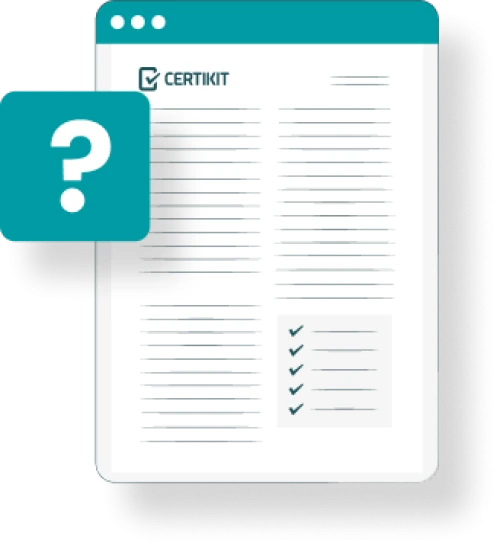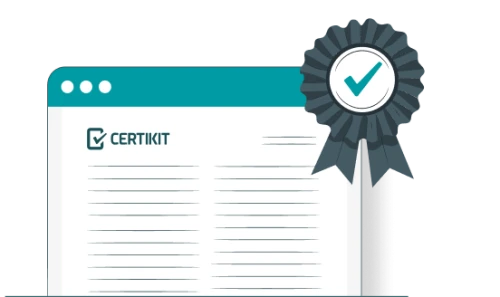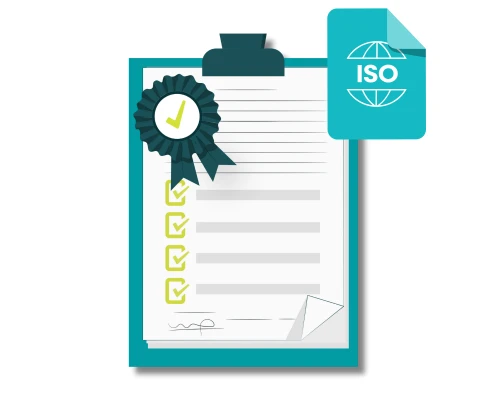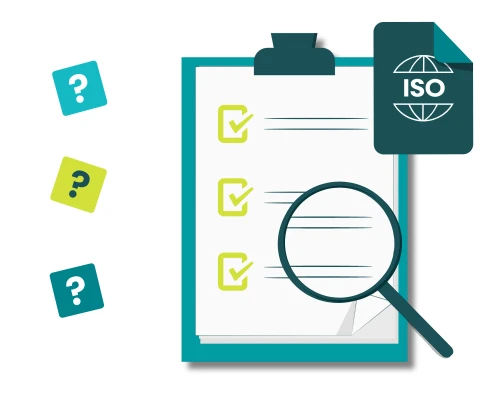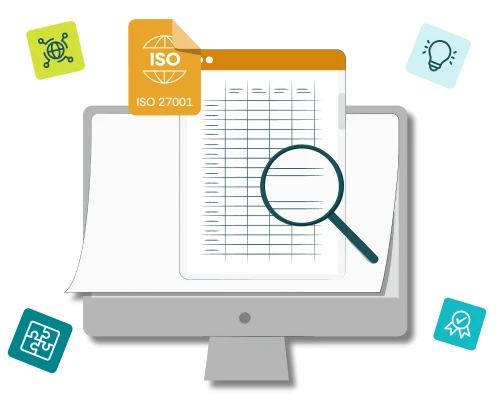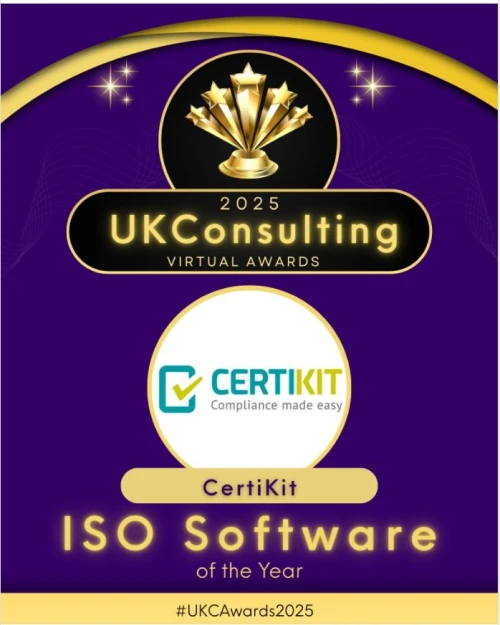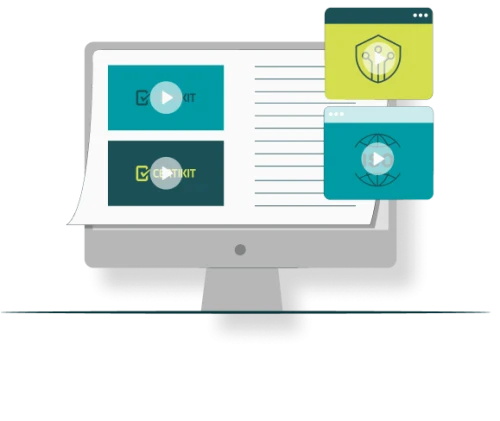ISO9001 is the world’s leading quality management standard, providing a proven framework for improving efficiency, consistency, and customer satisfaction.
Designed to streamline compliance, the toolkit includes pre-written templates, guidance documents, and practical tools to accelerate your certification process. With unlimited email support from our expert team and a perpetual licence, you’ll have ongoing assistance every step of the way.

